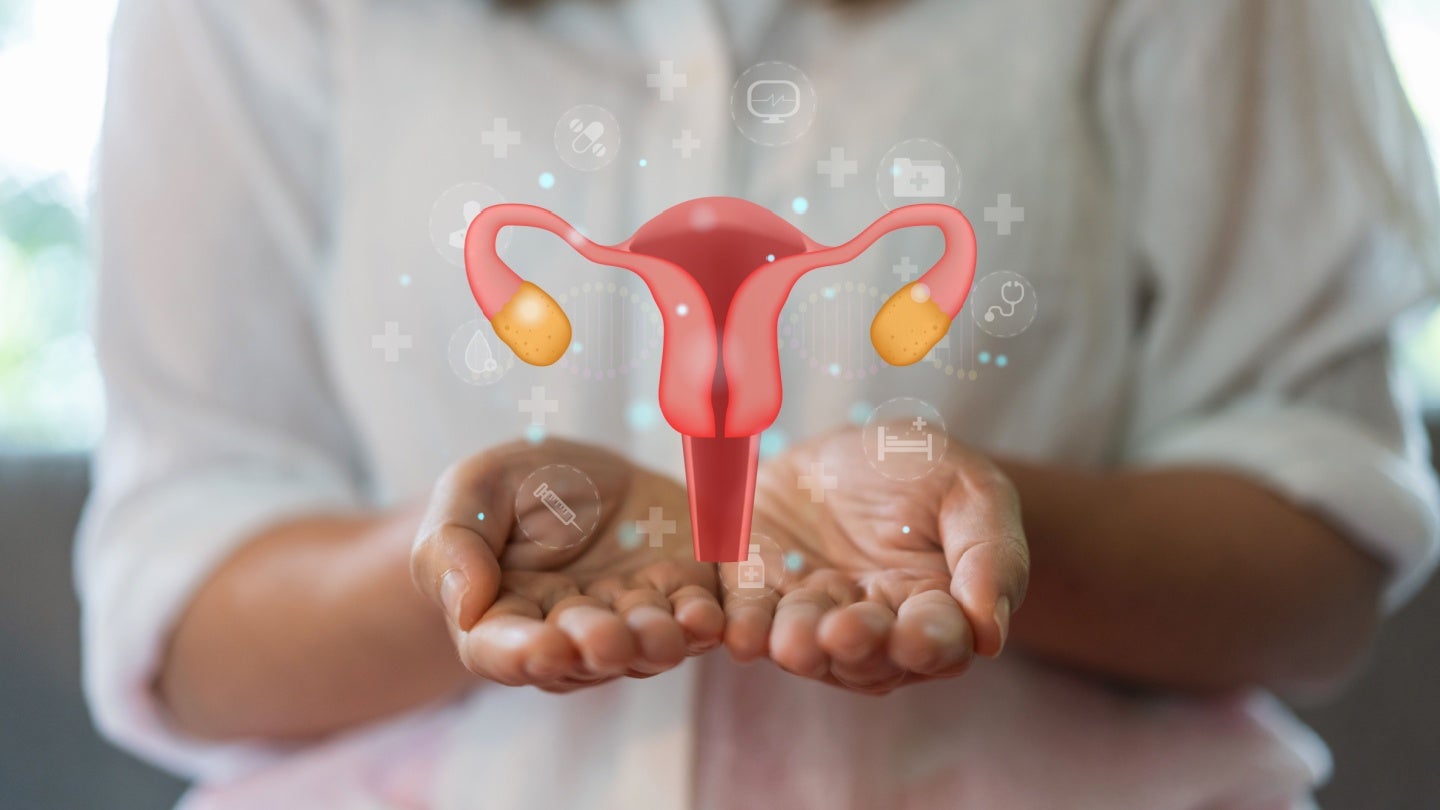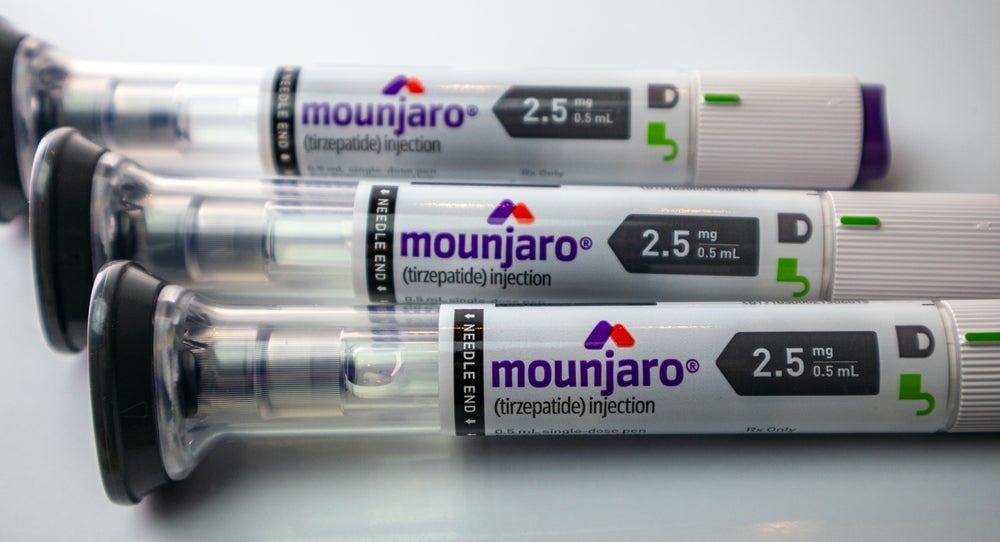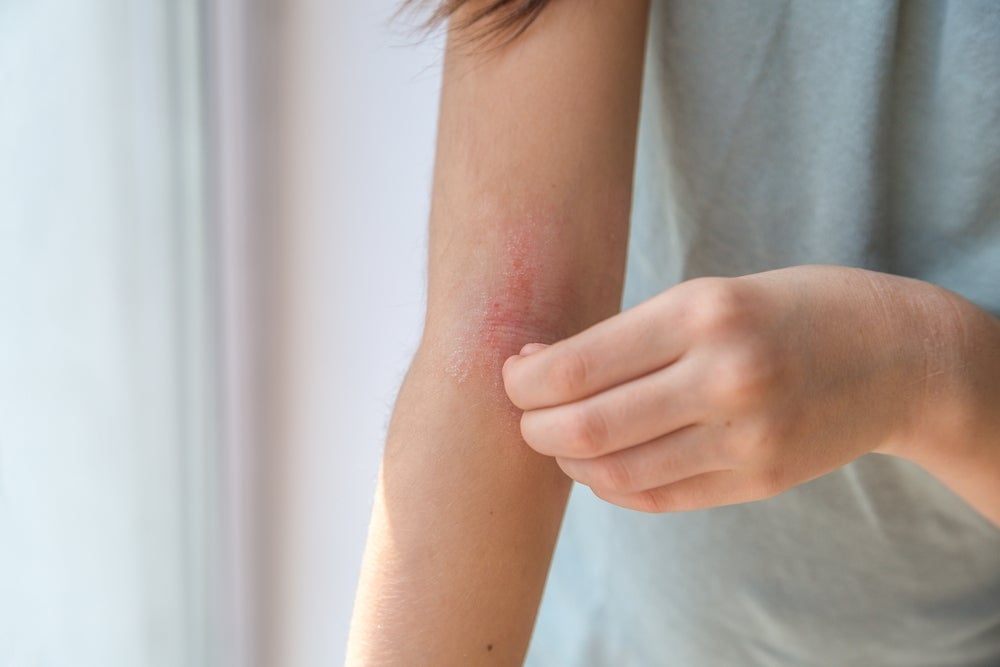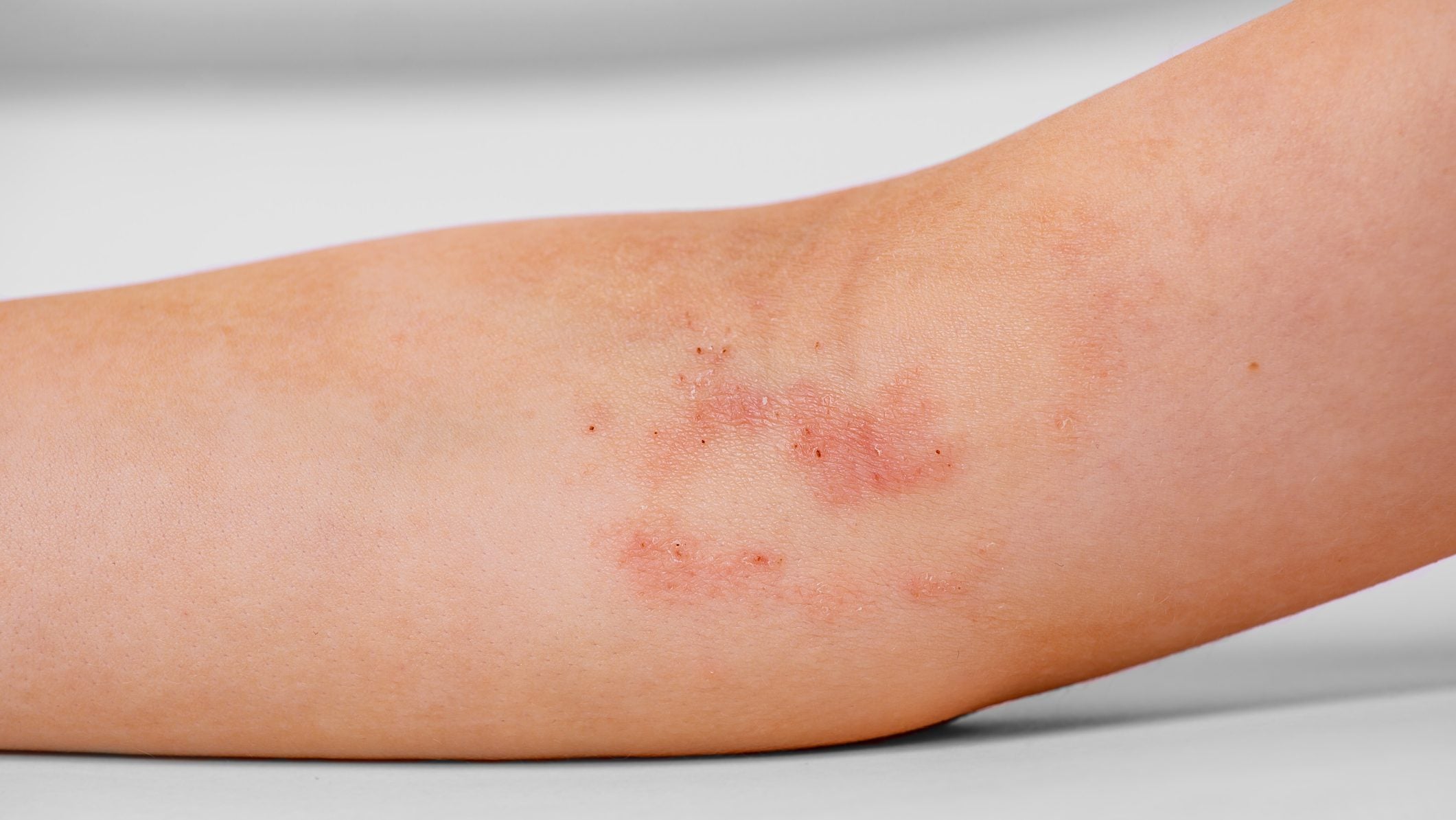Latest WHO Covid-19 vaccine guidance may decrease future demand
SAGE also updated its guidance on bivalent Covid-19 vaccines, now recommending the use of bivalent BA.5-specific mRNA vaccine doses for the primary series, due to the benefits observed in symptomatic disease.
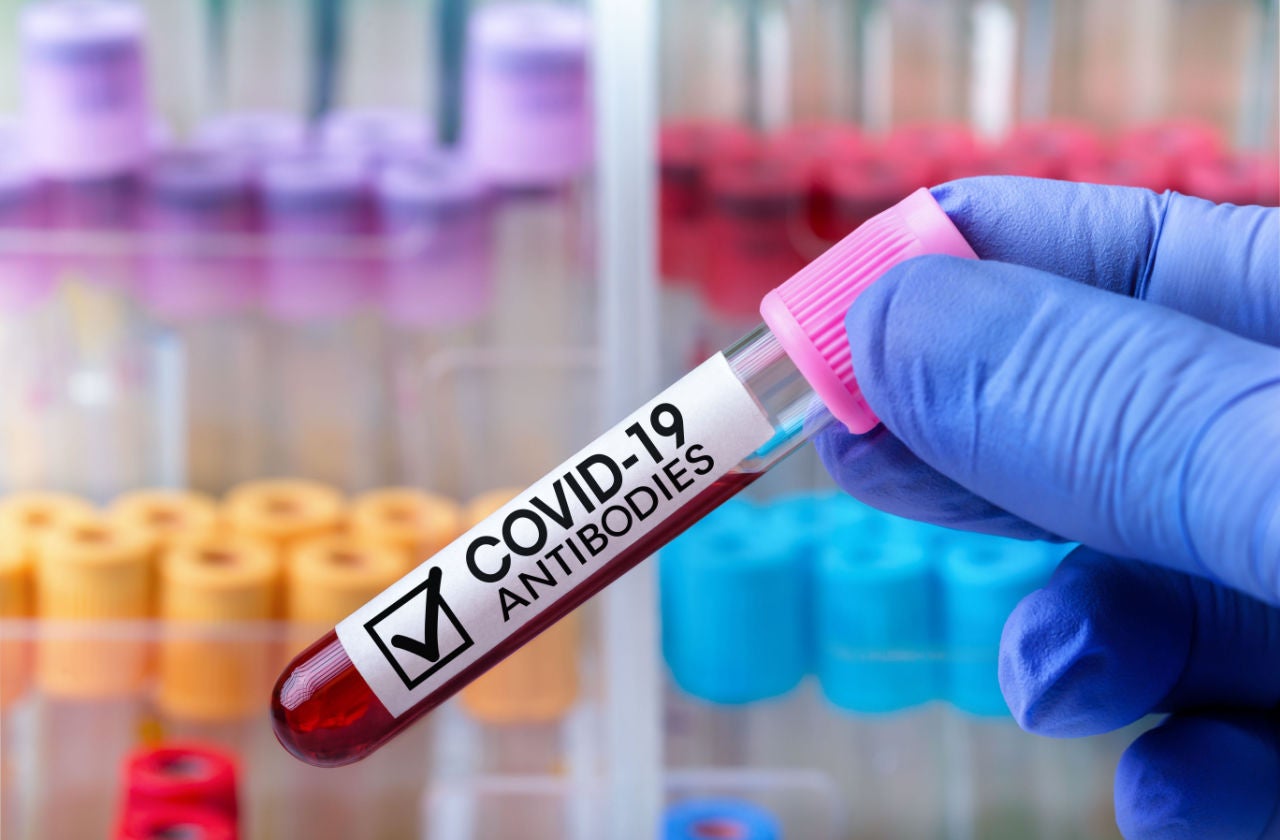
The World Health Organization (WHO) has revised its recommendations regarding the use of Covid-19 vaccines following a meeting of the agency’s Strategic Advisory Group of Experts on Immunisation (SAGE). The latest guidance applies to the current phase of the pandemic and reflects the impact of the Omicron variant, which has led to high levels of immunity in all age groups through both vaccination efforts and infections across the globe.
The update is based on the decreased threat of severe disease due to Covid-19 and the need to shift resources to vaccinating against other diseases. The new guidance outlines recommendations for primary vaccination and booster doses across three simplified risk groups: high, medium and low.
The high-risk population group includes older adults, immunocompromised patients (including children aged six months and older), younger adults with co-morbidities such as diabetes, pregnant persons and frontline healthcare workers. People in this category are recommended to receive an additional booster either six or 12 months after their last dose. The panel emphasised that the extra booster dose recommendation only pertains to one shot and is not for continued annual booster vaccines.
The medium-risk group includes healthy adults under 50–60 years of age without co-morbidities and children and adolescents with co-morbidities. The agency recommends that this group should receive a primary vaccine series and first booster doses only. While SAGE recognises that additional boosters are safe for this population, they are no longer recommended due to the diminished public health returns currently observed.
The low-risk group includes healthy children and adolescents aged six months to 17 years. The guidance does not include specific recommendations for vaccine doses in this population. The agency highlights the overall low public health impact of vaccinating them and advises countries to consider factors such as cost-effectiveness and disease burden in their region before deciding to vaccinate this lower priority group.
SAGE also updated its guidance on bivalent Covid-19 vaccines, now recommending the use of bivalent BA.5-specific mRNA vaccine doses for the primary series, due to the benefits observed in symptomatic disease. However, the agency does not see any evidence suggesting that the bivalent vaccine is more effective in preventing severe disease due to Covid-19.
The revised guidance suggests a significant decrease in future global demand for Covid-19 vaccines/boosters. Since the WHO’s recommendations are not binding, it is unclear how certain countries will react or modify their current vaccination campaigns. In the US, the FDA’s vaccine advisory committee expects to meet in June 2023 to determine an action plan for the use of Pfizer/BioNTech’s and Moderna’s bivalent boosters in the coming autumn.
What's Your Reaction?







